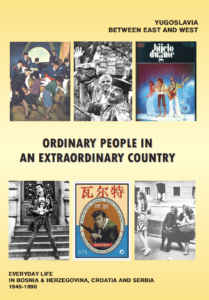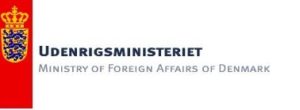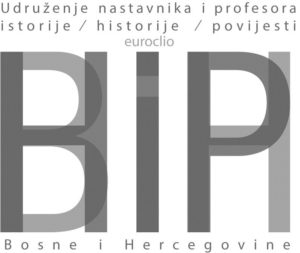Common Approaches for Bosnia-Herzegovina, Croatia and the Federation of Serbia and Montenegro
This project aimed to promote and support innovative History Education and History Educators in Bosnia and Herzegovina, Croatia and the Federation of Serbia and Montenegro through strengthening Peace, Stability, Democracy and Reconciliation. During the project, three training and working seminars were organised: in September 2004 in Bosnia-Herzegovina, in November in Croatia, and in December in the Federation of Serbia and Montenegro. The three project teams from Bosnia and Herzegovina, Croatia and Serbia showed a good balance between academic historians and classroom teachers. They worked cooperatively with the other national teams. At the end of the project, the project team is almost ready to produce a Teacher Resource Book with the working title “Ordinary People in an Extraordinary Country, Yugoslavia between East and West”. The History Teacher Associations in Bosnia-Herzegovina, Croatia and Serbia have organized their national training seminars and General Assemblies in cooperation with the Danish History Teachers’ Association and EuroClio.
Project Aims
[su_list icon=”icon: caret-right”]
- Strengthen and enlarge the core-group of innovative history educators, representing the different ethnic, religious and linguistic communities in Bosnia-Herzegovina, Croatia and the Federation of Serbia and Montenegro.
- Strengthen the national and international inclusive networks operating on a local, national and international level.
- Strengthen connections of the History Teachers Associations with national authorities related to history education.
- Assist curriculum development through cooperation with exciting initiatives using professionalised core-groups and experts on the Learning and Teaching of history and strengthen and extend relations on history education with Council of Europe, OSCE, UNESCO, EU, EuroClio, national Ministries of Education and NGO’s.
- Organise workshops with focus on improving professional quality and strengthen and enlarging History Teachers Associations.
- Offer solutions for the common needs of the region for school education.
- Strengthen the international dimension in school education.
- Develop and strengthen organisational and financial management.
- Disseminate information about history education via different media.
- Encourage teachers to reinforce ICT as tool in history education.
Results
[su_list icon=”icon: caret-right”]
- Innovative regional Teacher Resource Book.
- A regional core group of innovative teacher trainers and teachers.
- Acknowledged responsibility among history educators in the region for the possible impacts of school history on society.
- A strengthened awareness for the need of innovative history curricula respecting diversity in society.
- A strengthened awareness for the dire necessity for the international dimension in history education.
- Wide use of information and communication technology in history education.
- An extended and strengthened network of academic historians and history educators in Bosnia and Herzegovina, Croatia and Serbia, able and willing to take their share and responsibility for peace and stability in the region.
- Recognition of politicians, national and international authorities and media that history educators are important partners in the educational reform process.
- Enriched national, regional and international cooperation and mutual understanding.
- Practical tools and skills for local, regional and international communication.
- Independent, strong, active and professional history teachers’ organisations in Bosnia and Herzegovina, Croatia and Serbia, able and willing to take responsibility and ownership on a national and regional level.
- Increased professional, diplomatic and management skills of history educators and their organisations.
Legacy
The project History in Action – Planning for the Future followed this project in the framework of the History That Connects the Balkans Programme, that saw the realization of the following publication:
Available online in English, Bosnia, Croatian, and Serbian
Project Managers
Joke van der Leeuw-Roord, EuroClio Executive Director
Lieke van Wijk, former EuroClio Project Manager
Contributors
Bosnia and Herzegovina:
Edin Veladzic, Melisa Foric, Bojana Dujkovic, Bahrudin Besirevic (author), Midhat Spahic (author), Velibor Vasovic (author), Boro Bronza (author), Edin Radusic (resource), Darko Gavrilovic (resource).
Croatia:
Zdenko Samaržija, Ivan Dukić, Kiti Jurica Korda, Denis Detling, Hrvoje Petrić, H. Klasić, Svjetlana Vorel, Karolina Ujaković.
Serbia:
Ljiljana Lazarevic, M.A. Radina Vucetic (author), M.A. Goran Miloradovic (author), M.A. Vesna Dimitrijevic (author), Zvezdana Petrovic (author), Phd Miroslav Jovanovic (resource), Phd Dubravka Stojanovic (resource).





